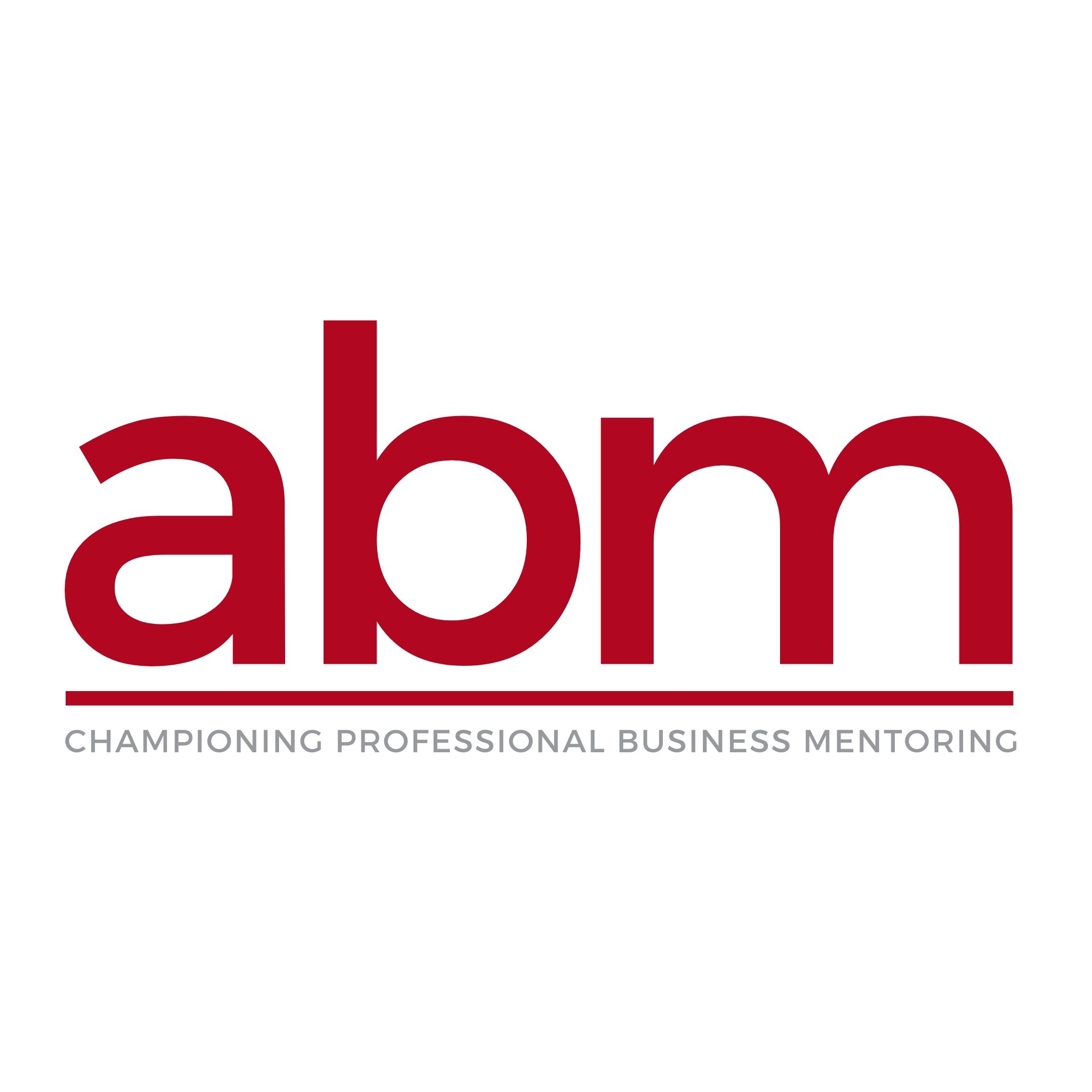Running an SME can be incredibly rewarding, but it also comes with a unique set of challenges that can lead to what is known as entrepreneur fatigue.
This condition, characterised by physical, emotional, and mental exhaustion, often arises from the constant tough demands of running a business. It affects not just the owner, but in turn, the overall health of the company.
This can be a combination of thinking that running a small business is a relative ‘walk in the park’ and you didn’t think it was going to be 24/7/365 and also not having your purpose dialled in and therefore the strategies and fire fighting you are undertaking aren’t allowing you to see the financial and lifestyle rewards to desire.
I come across this a lot as it is usually the time that small business owners decide they have had enough and start seeking some guidance.
Timescales and onset
Entrepreneur fatigue doesn’t happen overnight. It builds gradually, often unnoticed, over months or even years. Initially, the excitement and adrenaline of starting a business mask the exhaustion, but over time, prolonged work hours, high levels of stress, and the constant decision-making take their toll.
For many SME owners, this fatigue sets in around the 18-24 month mark, after the initial startup phase, when operational complexities increase, cash-flow becomes a constant issue, staffing is a challenge and the pace becomes unsustainable.
The fatigue can also set in much later and often triggered by an event or a personal or professional milestone. I’ve had clients suffering from this when they are 20 years in.
Symptoms to watch for
The symptoms of entrepreneur fatigue vary but often include:
- Chronic exhaustion: Feeling constantly tired, even after sleep
- Burnout: A lack of motivation and a loss of mojo
- Irritability and impatience: Leading to strained relationships with employees, partners, or clients
- Decreased productivity: A noticeable drop in focus, work efficiency and output
- Physical symptoms: Headaches, poor sleep and illness
These symptoms, if left unchecked, can lead to more severe burnout and, in some cases, business failure.
Impact on the business
Entrepreneur fatigue doesn’t just impact the owner, it affects the entire company. Decision-making suffers, innovation decreases, and employee morale can decline due to a stressed-out leader.
“If I could sell the business tomorrow for £1, I would do!” is a phrase I have heard many times.
When the business owner is operating below capacity, the business as a whole becomes less agile, less competitive, and more prone to poor customer service.
Solutions and prevention
Preventing and managing entrepreneur fatigue involves having a plan with proactive strategies:
- Delegate and build a support team: Sharing responsibilities so you are not working 24/7 and making every decision helps avoid feeling overwhelmed
- Set boundaries: Establish clear work hours and stick to them. Set clear expectations when it comes to delegated work
- Self-care: Ensure you take time out for regular exercise, hobbies, and time with family and friends to recharge
- Automate: Reducing workload by automating and simplifying tasks reduces overwhelm
- Seek professional support: Business Mentors or Coaches can offer valuable guidance and help you navigate tough challenges
Addressing entrepreneur fatigue is vital for personal well-being and long-term business success.
Having a plan that clearly articulates you vision, values and purpose (lifestyle and financial reward targets) as well as the strategies to build a dream team and simple processes is a huge help.
By recognising the signs early and implementing solutions, SME owners can sustain both their own mental and physical health and also the health of their business.
If you are suffering from some of these signs and can’t see a way forwards, then perhaps it is time to get some expert guidance.
It’s good to talk thing through with an expert. Let’s chat.


